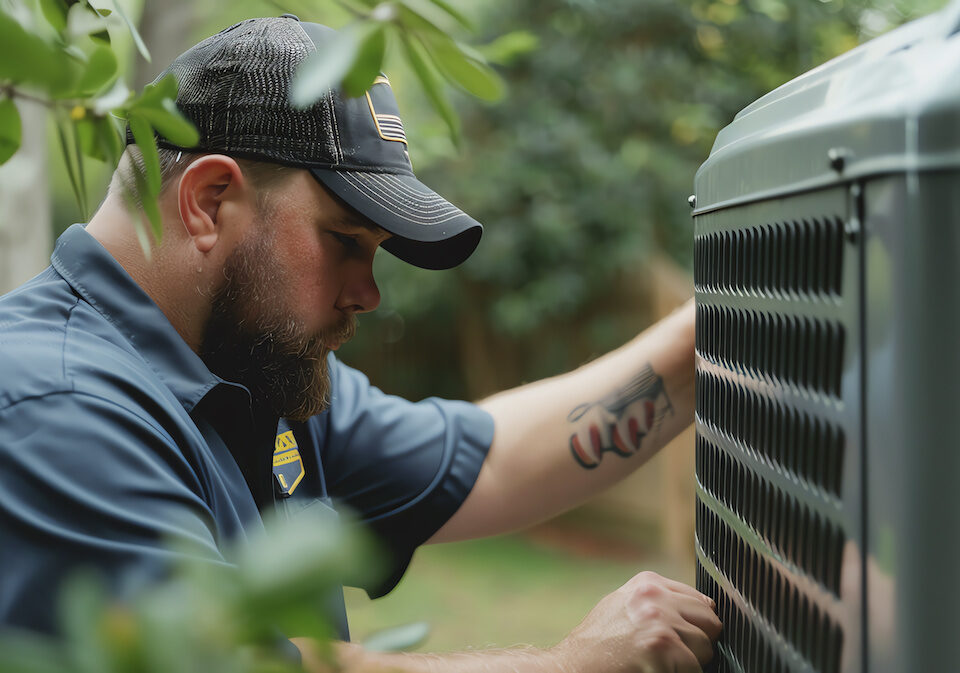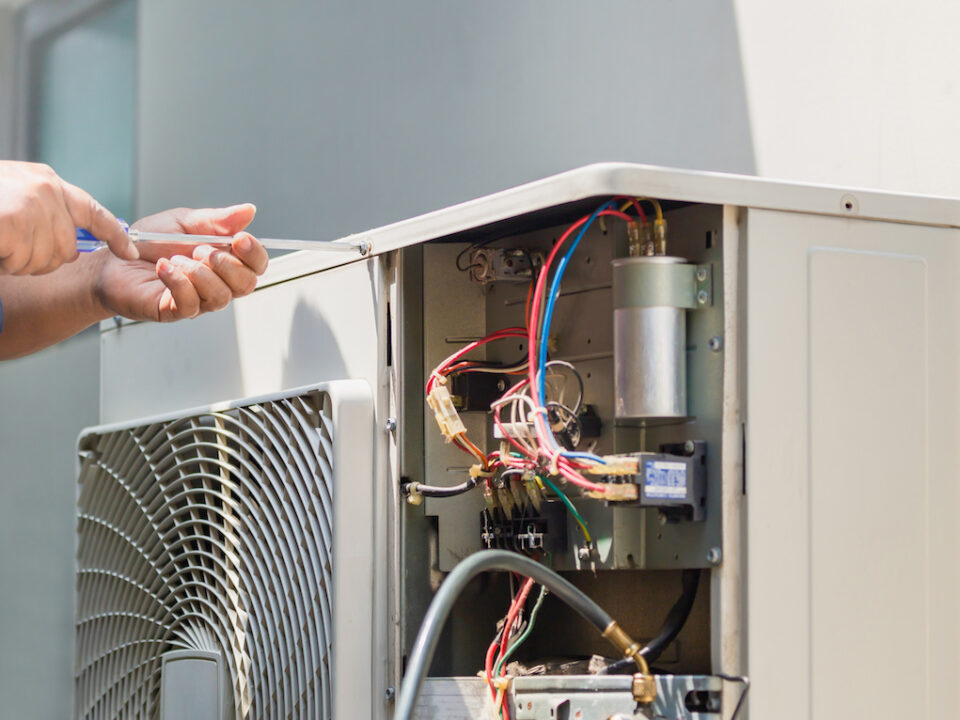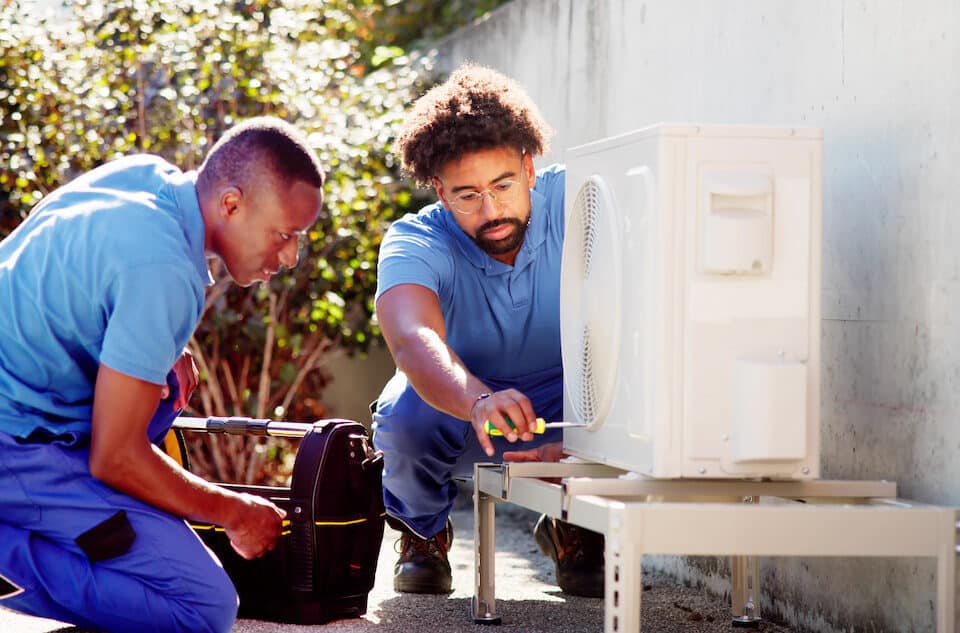What Do SEER and AFUE Ratings Mean for HVAC Systems
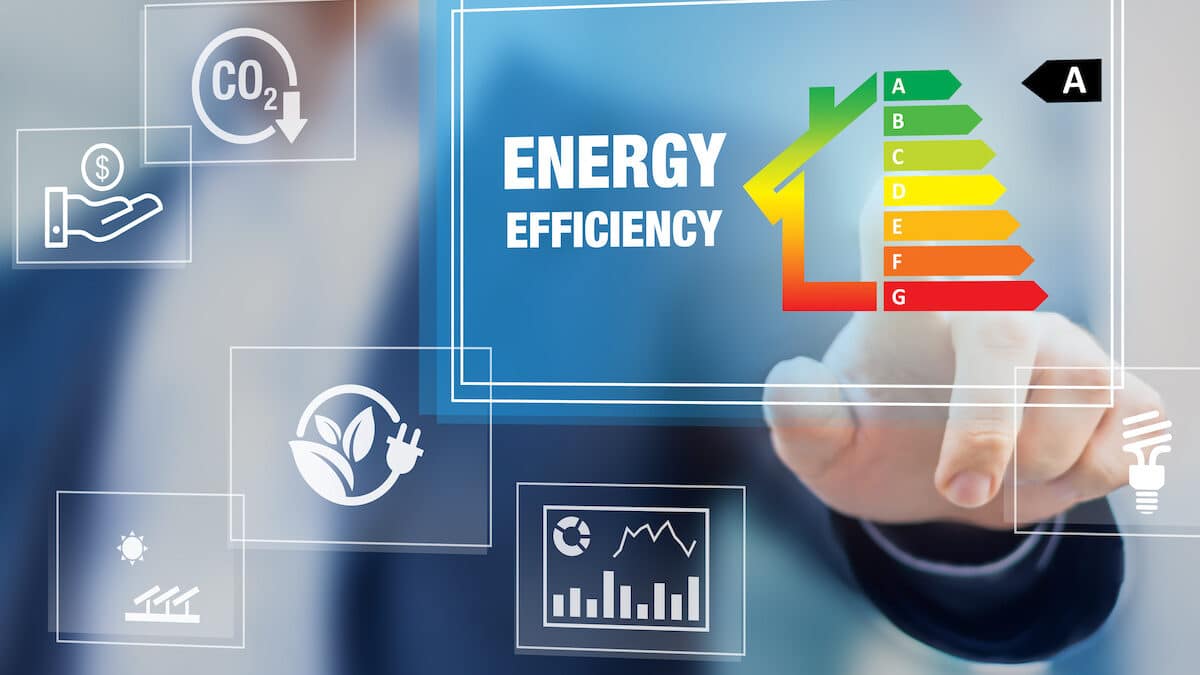
When it comes to keeping our homes comfortable, HVAC (Heating, Ventilation, and Air Conditioning) systems play a crucial role. These systems are responsible for regulating indoor temperature, humidity, and air quality. Whether you’re looking to purchase a new HVAC system or simply want to understand your existing one better, understanding SEER and AFUE ratings is essential.
SEER and AFUE are two acronyms that represent important aspects of HVAC systems’ performance and efficiency. In this article, we will explore what SEER and AFUE ratings mean, why they matter, and how they can help you make informed decisions when it comes to your heating and cooling needs.
What is SEER?
SEER stands for Seasonal Energy Efficiency Ratio. It’s a measurement used to assess the cooling efficiency of air conditioners and heat pumps. SEER ratings are expressed as a numerical value, typically ranging from 13 to 25 or more. The higher the SEER rating, the more energy-efficient the system is considered to be.
The SEER rating is calculated by measuring the cooling output of an HVAC system during a typical cooling season, divided by the energy it consumes during that same period. Essentially, it tells you how efficiently your air conditioner or heat pump can convert electricity into cooling power.
Why Does SEER Rating Matter?
Energy Efficiency
The most obvious reason to pay attention to SEER ratings is energy efficiency. Higher SEER-rated systems are more efficient, meaning they use less electricity to provide the same cooling output. This translates to lower energy bills and reduced environmental impact. In many regions, there are energy efficiency standards in place that require a minimum SEER rating for new HVAC installations.
Cost Savings
While high-SEER systems may have a higher upfront cost, they often provide long-term savings due to lower energy consumption. Over the lifespan of the system, you can recoup the initial investment through reduced energy bills.
Environmental Impact
Using less electricity not only saves you money but also helps reduce greenhouse gas emissions. High-SEER systems are more environmentally friendly and contribute to a more sustainable future.
Home Value
If you ever decide to sell your home, having a high-SEER HVAC system can be an attractive selling point. Energy-efficient homes are often more appealing to prospective buyers, and they may be willing to pay more for a property with lower operating costs.
Comfort
Efficient systems can maintain a more consistent and comfortable indoor temperature. They are better at removing humidity from the air, which can lead to a more comfortable living environment, especially in humid climates.

Choosing the Right SEER Rating
Selecting the right SEER rating for your HVAC system depends on various factors, including your climate, budget, and long-term goals. Here are some guidelines to help you make an informed decision:
- Climate: In hot and humid climates, it’s especially important to have a high-SEER system, as you’ll be running your air conditioner frequently. In milder climates, you might get away with a lower SEER rating.
- Budget: Higher-SEER systems typically cost more upfront. Consider your budget and how long you plan to stay in your current home. If you intend to stay for many years, a higher SEER system can pay off in the long run.
- Local Regulations: Some areas have minimum SEER requirements for new installations. Check your local regulations to ensure compliance.
- Environmental Concerns: If reducing your carbon footprint is a priority, opting for a high-SEER system is an environmentally responsible choice.
- Consult a Professional: HVAC professionals can help you assess your specific needs and recommend an appropriate SEER rating based on your circumstances.
What is AFUE?
AFUE stands for Annual Fuel Utilization Efficiency. It is a measure of how efficiently a furnace or boiler converts fuel (typically natural gas, propane, or oil) into heat during an entire heating season. AFUE ratings are expressed as a percentage, with higher percentages indicating greater efficiency.
For example, a furnace with an AFUE rating of 80% means that 80% of the energy in the fuel is converted into usable heat, while the remaining 20% is lost as waste through combustion gases and other means.
Why Does AFUE Rating Matter?
The AFUE rating is crucial for several reasons:
Energy Efficiency
Just like with SEER ratings, a higher AFUE rating signifies greater energy efficiency. An efficient furnace or boiler can significantly reduce your heating costs, especially during the colder months.
Cost Savings
A higher AFUE-rated system may have a higher initial cost, but it will save you money on heating bills over time. This can result in substantial long-term savings, making it a wise investment.
Environmental Impact
More efficient heating systems produce fewer greenhouse gas emissions, which is better for the environment. Reducing your carbon footprint is not only responsible but can also be a selling point if you decide to sell your home.
Comfort
Efficient heating systems are better at maintaining a consistent indoor temperature and can provide a more comfortable living environment.
Choosing the Right AFUE Rating
Selecting the appropriate AFUE rating for your heating system depends on several factors:
- Climate: In colder climates, where heating is a significant portion of your energy consumption, a higher AFUE rating is recommended to maximize energy efficiency.
- Fuel Type: Different fuels have varying levels of efficiency. Natural gas is often more efficient than oil or propane, so keep that in mind when choosing your heating system.
- Budget: Consider your budget and how long you plan to stay in your home. Higher AFUE systems have a higher upfront cost but can save you money over the long term.
- Local Regulations: Check if there are minimum AFUE requirements in your area for new heating system installations.
- Consult a Professional: HVAC professionals can perform heat load calculations to determine the appropriate AFUE rating for your specific needs.
Combining SEER and AFUE Ratings
For many homeowners, the ideal scenario is to have a heating and cooling system that balances both SEER and AFUE ratings. This ensures year-round energy efficiency, comfort, and cost savings.
Here are some examples of how you can combine SEER and AFUE ratings:
- High-SEER and High-AFUE: If you live in a region with extreme temperatures and use both heating and cooling extensively, consider investing in systems with high SEER and AFUE ratings. This provides year-round energy efficiency and comfort.
- High-SEER and Standard AFUE: In milder climates where heating requirements are minimal, you can prioritize a high-SEER air conditioner or heat pump and opt for a standard AFUE-rated furnace.
- Standard SEER and High-AFUE: If cooling demands are low, but you rely heavily on heating during the winter, a standard SEER air conditioner combined with a high-AFUE furnace is a cost-effective choice.
- Standard SEER and Standard AFUE: In regions with mild climates, you may get by with standard-rated systems for both heating and cooling. This option can be budget-friendly.
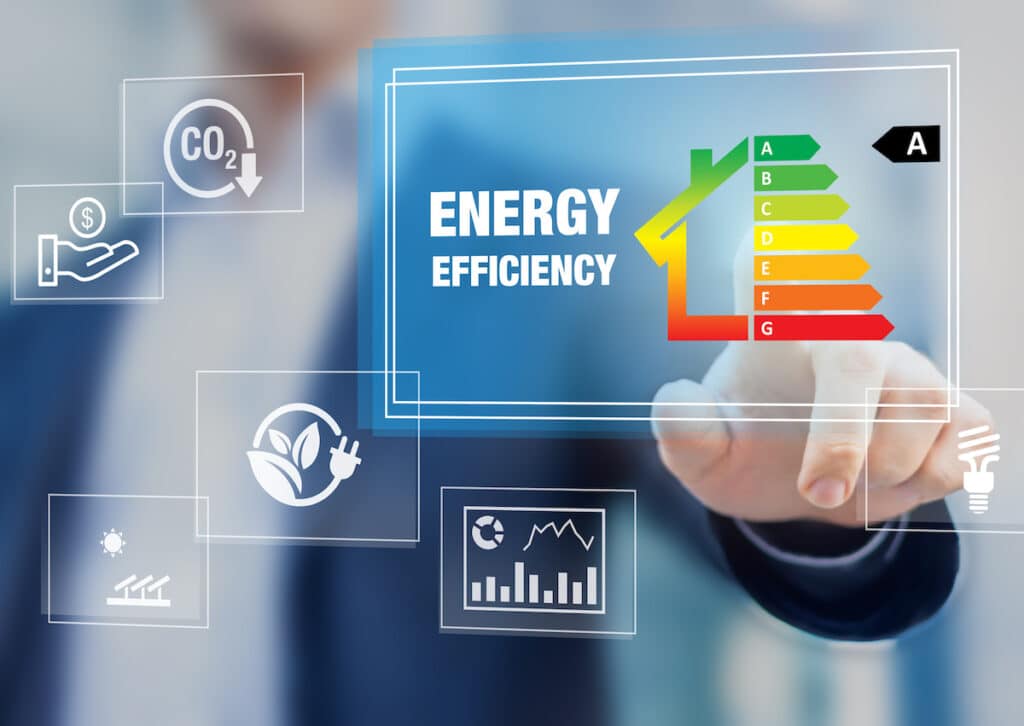
Regular Maintenance and Upkeep
Regular maintenance and upkeep of your HVAC system are crucial for ensuring its efficiency, longevity, and reliable performance. Neglecting maintenance can lead to a decline in efficiency, higher energy bills, and even system breakdowns. Here’s a more detailed look at the importance of regular maintenance:
Filter Replacement
One of the simplest yet most crucial maintenance tasks is replacing or cleaning the air filters regularly. Air filters trap dust, pollen, and other particles from the air, preventing them from clogging up your system. When filters become clogged, airflow is restricted, forcing the system to work harder to maintain the desired temperature. This not only reduces efficiency but also places additional strain on the components, potentially leading to premature wear and tear.
Cleaning the Coils
The evaporator and condenser coils in your HVAC system can accumulate dust and dirt over time. Dirty coils reduce the system’s ability to transfer heat, both in heating and cooling modes. This leads to reduced efficiency and increased energy consumption.
Inspection of Ductwork
Leaky or poorly insulated ducts can result in significant energy losses. When conditioned air escapes into unconditioned spaces like attics or crawl spaces, your system has to work harder to compensate for the loss, driving up your energy bills.
Professional Maintenance
While some maintenance tasks can be handled by homeowners, it’s essential to schedule professional maintenance annually or biannually. HVAC professionals can thoroughly inspect your system, identify potential issues, and perform necessary maintenance tasks that are best left to experts.
SEER and AFUE Ratings Impact on HVAC Systems
SEER and AFUE ratings are essential metrics to consider when purchasing HVAC systems. They provide valuable insights into the energy efficiency and performance of your heating and cooling equipment. Understanding these ratings allows you to make informed decisions that can lead to cost savings, environmental benefits, and improved comfort in your home.
Whether you prioritize cooling efficiency with a high SEER rating, heating efficiency with a high AFUE rating, or both, the right combination can enhance your home’s overall energy efficiency and comfort.
To make the best choice for your specific needs, consult with HVAC professionals like the team at Trust Heating and Air, who can provide personalized recommendations based on your climate, budget, and long-term goals.
In the end, investing in energy-efficient HVAC systems not only benefits your wallet but also contributes to a more sustainable and comfortable living environment.

